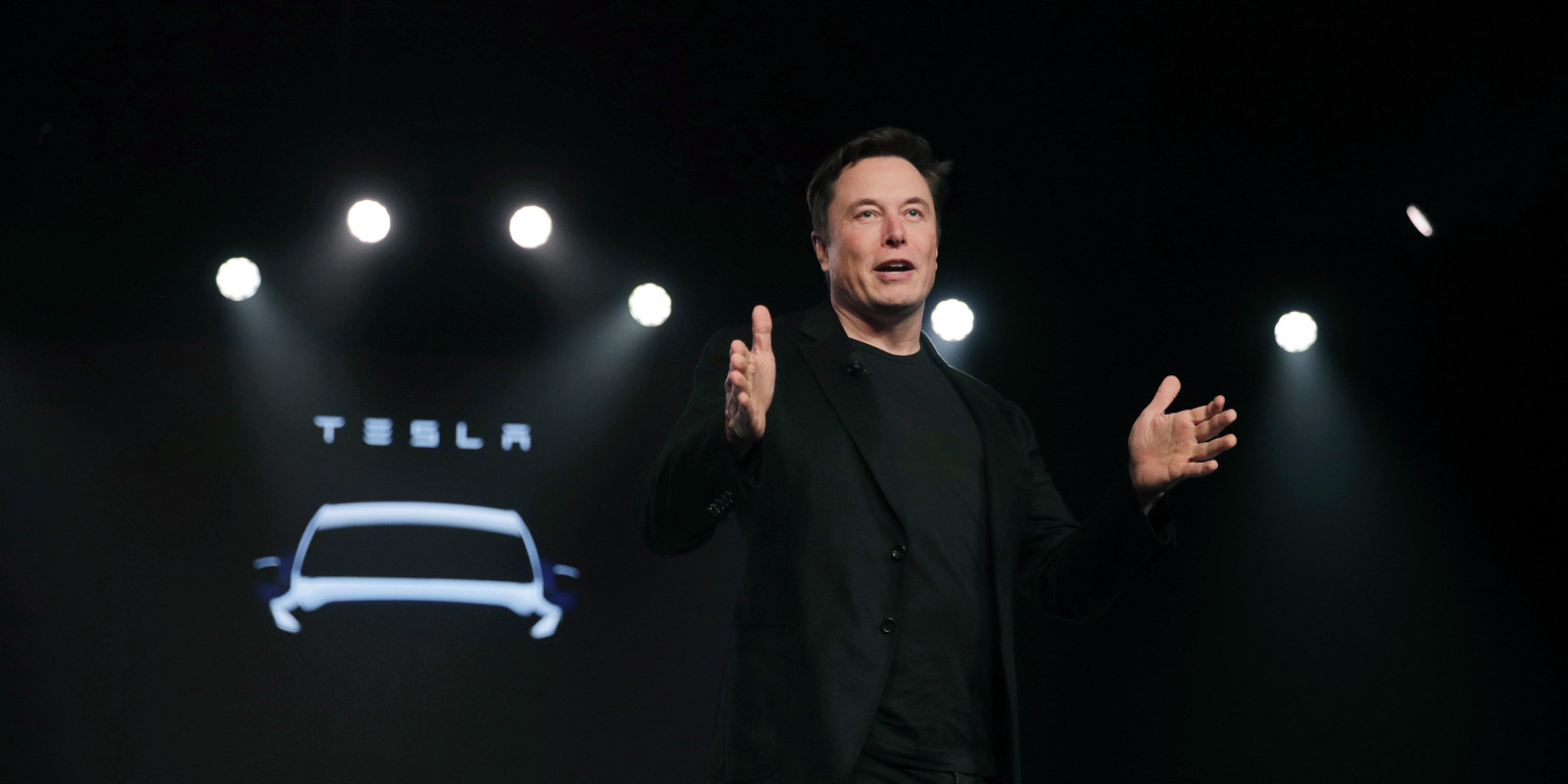Elon Musk sounded the alarm about the West’s rapidly declining birth rates last week, worrying that there simply won’t be enough people to do the work needed in a productive society.
“If people don’t have more children, civilization is going to crumble, mark my words,” said Musk, at the Wall Street Journal’s CEO summit. Musk, the world’s richest man and founder of multiple technology companies, was named Time Magazine’s person of the year on Monday.
“One of the biggest risks to civilization is the low birth rate and the rapidly declining birth rate. And yet so many people, including smart people, think that there are too many people in the world and think that the population is growing out of control,” said Musk. “It’s completely the opposite. Please look at the numbers.”
The problem is acute in Canada. The average number of children born to Canadian women dropped to a new low of 1.4 last year, a steep decline from 1.47 children per woman just one year earlier, and well below the natural replacement rate of 2.1 children per woman.
Musk made the comments in a conversation about the recently announced “Tesla Bot,” which is an AI-powered humanoid robot that Tesla hopes will one-day do humanity’s more undesirable jobs.
The robot will be about five-feet-eight-inches tall and weigh 125 pounds, with a walking speed of about eight kilometres per hour and a lifting capacity of about 20 kilograms. Some critics described it as a pie-in-the-sky, dystopian idea, while others suspect it’s simply a joke.
Musk suggested the best fix for the fertility crisis would be for people to simply have more children, but the AI robots could represent another solution. And as the world suffers through a pandemic-inspired labour shortage, Musk sees many more shortages in our future.
“The fundamental constraint is labour. There are not enough people. I can’t emphasize this enough: there are not enough people,” said Musk.
In the wide-ranging half-hour conversation, Musk also decried the spiralling deficits in Washington and explained his vision for the future of autonomous vehicles. He also told the audience of CEOs that he believes the role of government is to be a referee and not a player in the business world, to avoid blocking society’s progress.
With a massive infrastructure recently passed in Washington, D.C., Musk said he would simply “delete” the bill and get back to basics on infrastructure. His preferred bill would focus on highways and airports, he said.
“Especially in cities that are congested, we’ve got to do something to deal with extreme traffic, which I think is some combination of double-deckering freeways and building tunnels. If we don’t do something we will be stuck in traffic forever,” said Musk.
Musk said he is anticipating “one of the biggest transformations ever in human civilization” when autonomous vehicles begin to dominate the roads in the near future. Drivers will become passengers and most of the pain of driving will be taken out of the daily commute, Musk said. That will lead to many more cars on the road and a possible spike in congestion unless governments build more capacity in the highways.
“We don’t have a traffic problem in suburbs, we have a traffic problem on freeways because they are just too small and did not anticipate the size of the urban environments that we currently experience,” said Musk.
He argued that this is the kind of thing government should be focused on rather than, for example, building charging stations for electric vehicles and offering subsidies to people who buy them.
His views on government expenditures are reminiscent of an insight that led to the creation of his SpaceX company. Because NASA funding was allocated by congress, many of the crucial decisions were made according to whether that money would be spent in certain districts, rather than if it would be a useful way to spend it. That has allowed SpaceX to launch its rockets at a significantly lower price tag than NASA.
“They probably will be getting fairly close to launching humans to Mars, which sounds crazy, because if you gave NASA its current budget plus 50 percent they would be nowhere near putting humans on Mars in the next 15 or 20 years,” said Eric Berger, the author of Elon Musk and the Desperate Early Days that Launched SpaceX, on a recent episode of the Political Economy podcast.
James Pethokoukis, who hosts the podcast, recently told Time Magazine that Musk may not articulate his views in the traditional language of partisan politics but that he definitely has a coherent worldview.
“The reason it’s confusing is it’s not on the traditional left-right spectrum. It is a politics of progress,” said Pethokoukis.
“In general, government should just try and get out of the way and not impede progress,” said Musk, at the Wall Street Journal summit.
“There’s not really an effective garbage collection system for removing rules and regulation and so gradually this hardens the arteries of civilization,” said Musk. “So I think government should really be trying hard to get rid of rules and regulations that perhaps had some merit at some point but don’t have merit currently.”
Recommended for You

‘There can be massive policy investments made in AI literacy’: Five takeaways from John Stackhouse, Janice Gross Stein, and Jaxson Khan on the race for AI adoption in Canada

Brace for impact: something big is about to happen to the news in Canada

Chris Spoke and Peter Copeland: Ontario is missing millions of homes. Here’s where the government is failling—and how it can actually make a meaningful difference

Christopher Snook: Is Canada sleepwalking into dystopia?



